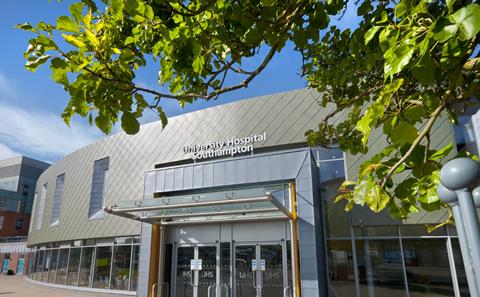The programme offers an opportunity to develop the advanced research and associated quantitative and bioinformatics skills required to become an independent researcher in biomedical sciences. The programme leads to a Doctor of Philosophy (PhD) award. An interim award of Master of Research (MRes) will be awarded to those students who are considered by the Board of Examiners to have successfully completed Year 1 of the programme.
In the first year of the programme, students will undertake taught modules in research skills, in biomedical sciences, quantitative cell biology and thematic optional modules. Students will also undertake three research projects to develop a broad range of laboratory skills and experience working in different research environments. In this first year, students will develop core research skills including critical appraisal, scientific writing, written and oral presentation, statistical analysis and a range of key techniques used in biomedical research. In years 2-4 students will complete a focused piece of research leading to a PhD.
View the Course Description Document (PDF 112KB)
To Apply
Apply for our Integrated PhD in Biomedical Science.
If you would like more information please contact the Faculty of Medicine Graduate School: fmed-pgr-apply@southampton.ac.uk
On submission of your application, you will automatically be considered for any available studentships for which you are eligible.
Key facts
Start date: End of September
Intake: variable
Average applications per place: 10-12
Duration
Duration of candidature up to 4.5 years full time or 8 years part-time.
An intermediate award of MRes is made after successful completion of the first year.
Typical entry requirements
Applicants must hold a 1st class or 2:1 degree in life, physical or mathematical sciences. With a life-sciences degree, maths, statistics or computing modules at A-Level or above are desirable. With a physics or maths degree, life-sciences modules at undergraduate level are essential.
English language: IELTS 7.0 or an equivalent standard in other qualifications approved by the University is required for speakers of other languages.
Selection process
How to apply
If you would like more information, please contact the Faculty of Medicine Graduate School: fmed-pgr-apply@southampton.ac.uk or visit our DTP website guidance for applicants
Apply online
Closing dates and interviews
All Integrated PhD Studentships will be advertised on our Studentships web page.
Applicants invited to interview will be asked to give a short presentation as part of the selection process.
For more information, please contact the Faculty of Medicine Graduate School: fmed-pgr-apply@southampton.ac.uk
Apply online
This page contains specific entry requirements for this course. Find out about
equivalent
entry requirements and qualifications for your country.
Tuition fees
Fees for postgraduate research degrees vary across the University. All fees are listed for UK, EU and international full-time and part-time students alphabetically by course name.
Scholarships, bursaries, sponsorships or grants may be available to support you through your course. Funding opportunities available to you are linked to your subject area and/or your country of origin. These can be from the University of Southampton or other sources.
Explore funding opportunities
When applying to this programme, you will automatically be considered for studentships linked to the iPhD programme.
Explore funding opportunities